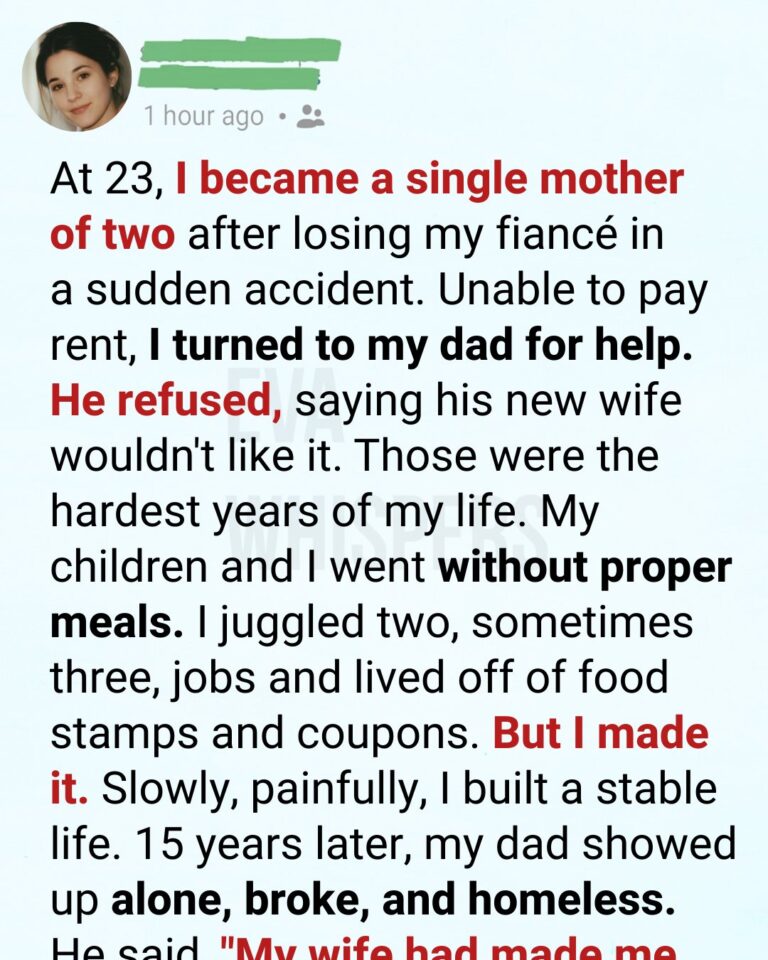Bush and Obama Unite in Rare Rebuke Over USAID Shutdown
In a rare show of unity, former U.S. Presidents George W. Bush and Barack Obama spoke out this week against the closure of the U.S. Agency for International Development (USAID), criticizing President Donald Trump’s decision to dismantle the six-decade-old institution. The two leaders were joined by Bono, the lead singer of U2 and longtime humanitarian advocate, in a private videoconference held for agency employees on the day of its official closure.
The event, described by participants as both solemn and emotional, was a symbolic sendoff for thousands of USAID staff who suddenly found themselves at the end of an era. It also marked one of the sharpest rebukes of Trump’s second term from two former presidents, who set aside political and generational differences to defend the work of an agency they said embodied America’s values abroad.
USAID: Six Decades of Foreign Aid Leadership
Created in 1961 under President John F. Kennedy, USAID was designed to be the cornerstone of America’s foreign assistance programs. For more than sixty years, it channeled billions of dollars annually into projects ranging from emergency disaster relief to long-term economic development, food security, and health initiatives.
The agency’s reach extended to over 100 countries, often operating in regions where U.S. diplomats had limited presence. During natural disasters, famines, and epidemics, USAID was frequently the first American institution on the ground, delivering aid and coordinating international relief efforts.
Some of its most notable contributions included:
- Support for PEPFAR, President Bush’s landmark HIV/AIDS program, credited with saving millions of lives.
- Leadership in combating Ebola outbreaks in West Africa.
- Longstanding investments in education and women’s empowerment programs in developing nations.
- Disaster response in Haiti following the 2010 earthquake.
Despite these achievements, USAID was often criticized as bureaucratic and inefficient. Critics said projects were too costly, overlapped with other international programs, and were vulnerable to corruption in host countries. These arguments gained traction in Trump’s second term, particularly after allegations of financial mismanagement surfaced.
Trump’s Push for “Efficiency”
The closure of USAID followed a federal investigation that revealed instances of fraud, waste, and abuse in some of its overseas projects. Trump seized on the findings as evidence that the agency had become, in his words, “a relic of bloated government spending.”
Earlier this year, USAID was placed under review by the newly created Department of Government Efficiency (DOGE), a Trump-era initiative tasked with rooting out waste across federal agencies. DOGE was led by entrepreneur Elon Musk, who described USAID as “a viper’s nest of radical-left Marxists who hate America.”
After months of internal debate, Trump ordered that USAID be officially absorbed into the State Department. On Tuesday, its independent structure was dissolved, and all foreign aid responsibilities were transferred to State Department oversight.
Administration officials framed the move as a cost-saving measure. By eliminating redundancies, they argued, U.S. foreign aid could be streamlined and better aligned with American diplomatic goals. But critics countered that it was a political decision designed to weaken institutions associated with globalism and humanitarian outreach.
Obama: “A Colossal Mistake”
In a video message addressed to USAID staff, former President Barack Obama praised employees for their service and condemned the decision to dismantle the agency.
“Gutting USAID is a travesty, and it’s a tragedy,” Obama said, according to clips reviewed by the Associated Press. “Because it’s some of the most important work happening anywhere in the world.”
Calling the shutdown “a colossal mistake,” Obama predicted that both parties would eventually recognize the importance of the agency’s mission. “Sooner or later, leaders on both sides of the aisle will realize how much you are needed,” he added.
Obama’s remarks were laced with emotion, reflecting his administration’s emphasis on multilateral cooperation and soft power. During his presidency, USAID was central to efforts on climate change, global health, and poverty reduction.
Bush: A Legacy at Stake
For George W. Bush, the closure was personal. His President’s Emergency Plan for AIDS Relief (PEPFAR), launched in 2003, depended heavily on USAID infrastructure to deliver medicine, fund clinics, and coordinate with governments across Africa. Independent estimates credit PEPFAR with saving 25 million lives.
In his remarks, Bush avoided political attacks but stressed the long-term consequences of the decision.
“You’ve showed the great strength of America through your work—and that is your good heart,” he told USAID employees. “Is it in our national interests that 25 million people who would have died now live? I think it is, and so do you.”
Bush’s decision to speak out was notable. Throughout Trump’s presidency, he has generally refrained from public criticism, preferring to stay out of political fights. His comments this week reflected a rare moment where he saw silence as impossible.
Bono’s Poetic Farewell
Musician and activist Bono, who worked closely with both Bush and Obama on global health and aid initiatives, also addressed the departing staff. Known for blending art with advocacy, Bono chose to read a poem he had written for the occasion.
“They called you crooks. When you were the best of us,” he recited, in a pointed critique of the accusations that led to the agency’s downfall.
Bono warned that closing USAID would result in widespread suffering, especially in poor and conflict-torn nations that relied on its programs. His remarks were described as deeply emotional, drawing tears from some staff watching the videoconference.
A Divisive Decision
Reactions to the shutdown have been sharply divided. Supporters of the Trump administration say the decision reflects a much-needed rethinking of America’s role abroad. They argue that USAID projects too often strayed into nation-building, wasting taxpayer dollars on initiatives with little measurable impact.
Critics, however, see the move as a retreat from global leadership. They argue that consolidating aid under the State Department risks politicizing humanitarian relief, making it subject to short-term diplomatic goals rather than long-term development needs.
Human rights groups, global health organizations, and foreign policy analysts have expressed concern that the U.S. withdrawal from direct aid delivery will leave gaps quickly filled by other global powers, particularly China.
What Comes Next
With USAID dissolved, its programs are now in the hands of the State Department, which has promised a “seamless transition.” Still, questions remain about whether longstanding initiatives—particularly health and disaster relief programs—will continue at previous funding levels.
Foreign governments and NGOs that partnered with USAID have voiced uncertainty. Some warn that ongoing projects could stall, from HIV treatment programs in Africa to education initiatives in South Asia. Others say the change will weaken America’s ability to respond quickly to crises, since the State Department is primarily a diplomatic institution rather than a humanitarian one.
Domestically, the shutdown is expected to fuel debate in Congress. Some lawmakers have already signaled plans to introduce legislation that could restore an independent aid agency in the future.
A Legacy in Question
For the thousands of career staff who dedicated their lives to USAID, the closure marks not just the end of an agency but the end of an identity. For decades, the agency’s mission was seen as an extension of American ideals—compassion, responsibility, and leadership on the world stage.
The presence of Bush, Obama, and Bono at the farewell ceremony underscored the agency’s symbolic weight. Their remarks suggested that while USAID as an institution may be gone, the legacy of its work will continue to shape debates about America’s role in the world.
As Bush put it, the ultimate question is not about bureaucracy but about values. “Is it in our national interests that 25 million people who would have died now live?” he asked. “I think it is, and so do you.”
For now, USAID’s mission is in limbo, its future uncertain. But for its supporters, the fight to preserve America’s leadership in humanitarian aid is far from over.


